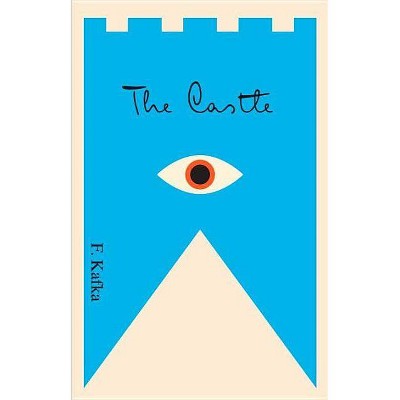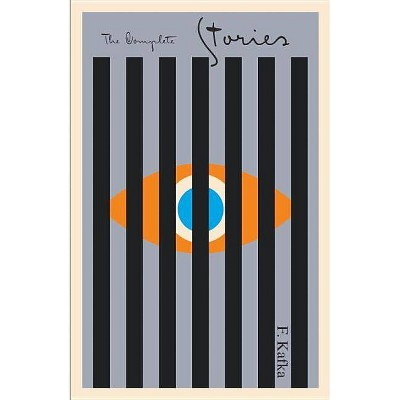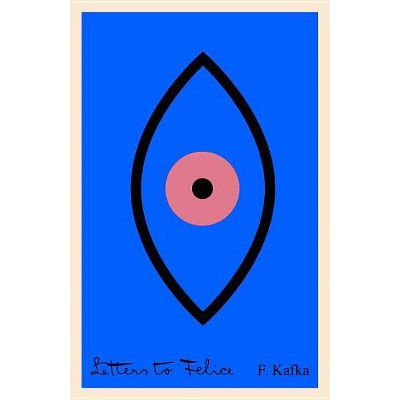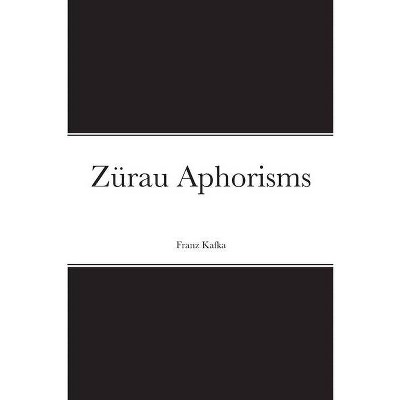Aphorisms - (Schocken Kafka Library) by Franz Kafka (Hardcover)

Similar Products
Products of same category from the store
AllProduct info
<p/><br></br><p><b> About the Book </b></p></br></br>"For the first time, a single volume that collects all of the aphorisms penned by this universally acclaimed twentieth-century literary figure. Kafka twice wrote aphorisms in his lifetime. The first effort was a series of 109, known as the Zurau Aphorisms, which were written between September 1917 and April 1918, and originally published posthumously by his friend, Max Brod, in 1931. These aphorisms reflect on metaphysical and theological issues--as well as the occasional dog. The second sequence of aphorisms, numbering 41, appears in Kafka's 1920 diary dating from January 6 to February 29. It is in these aphorisms, whose subject is 'He, ' where Kafka distills the unexpected nature of experience as one shaped by exigency and possibility"--<p/><br></br><p><b> Book Synopsis </b></p></br></br>The aphorism eludes definition: it can appear to be a random jotting or a more polished observation. Whether arbitrary fragment or crystalline shard, an aphorism captures the inception of a thought. Franz Kafka composed aphorisms during two periods in his life. A series of 109 was written between September 1917 and April 1918, in Zürau, West Bohemia, while Kafka was on a visit to his sister Ottla, hoping for a brief respite following the diagnosis of the tuberculosis virus that would eventually claim his life. They were originally published in 1931, seven years after his death by his friend and literary executor Max Brod, under the title <i>Betrachtungen über Sünde, Hoffnung, Leid, und den wahren Wag (Reflections on Sin, Hope, Suffering, and the True Way). </i>The second sequence of aphorisms, numbering 41, originally appeared as entries in Kafka's diary from January 6 to February 29, 1920. They, too, were published posthumously, under the title <i>"Er" Aufzeichnungen aus dem Jahr 1920 ("He" Reflections from the Year 1920).</i> <p/> Kafka's aphorisms are fascinating glimpses into the lure and the enigma of the form itself.<p/><br></br><p><b> Review Quotes </b></p></br></br><br>If there is a theology in Kafka, this is the only place where he himself comes close to declaring it.<br>--Roberto Calasso<br><p/><br></br><p><b> About the Author </b></p></br></br><b>FRANZ KAFKA </b>was born in Prague in 1883 and died of tuberculosis in a sanatorium near Vienna in 1924. After earning a law degree in 1906, he worked for most of his adult life at the Worker's Accident Insurance Institute in Prague. Only a small portion of Kafka's writings were published during his lifetime. He left instructions for his friend and literary executor Max Brod to destroy all of his unpublished work after his death, instructions Brod famously ignored.
Price History
Price Archive shows prices from various stores, lets you see history and find the cheapest. There is no actual sale on the website. For all support, inquiry and suggestion messagescommunication@pricearchive.us




















